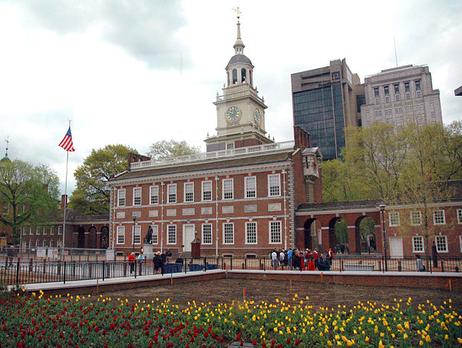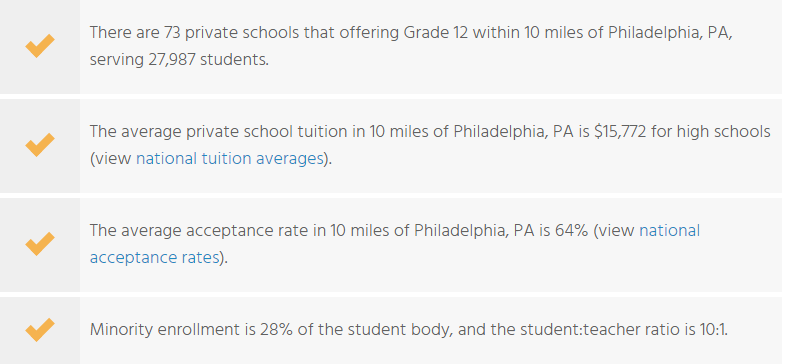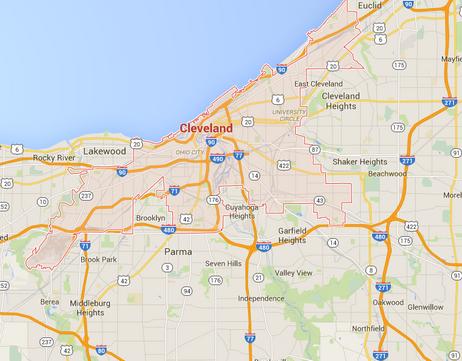Editor's Note: I asked John Gulla, the Executive Director of the E.E. Ford Foundation to answer some questions about the Foundation's work specifically, and independent school philanthropy in general. I am grateful to him for his thoughtful responses. Rob Kennedy
.jpg)
Preamble
JG: One does not have to read Thomas Piketty's Capital in the 21st Century, though I do strongly recommend it, to understand the challenges of late-stage capitalism and the concentration of wealth. Half of the world's wealth is now controlled by less than 1% of the population. Put another way, the wealth of the top 1% equals the wealth of the other 99%. Viewed slightly differently, fewer than 100 individuals own as much as the poorest half of the world's population. This is not the place for a discussion of how this has come about or the challenges it represents, but I think that the data provide a prima facie case for the increasing role of Private Foundations in the years ahead.
RK: What was Edward E. Ford hoping to accomplish by establishing his foundation?
JG: The current mission of the Foundation is to "strengthen and support independent secondary schools and to challenge and inspire them to leverage their unique talents, expertise and resources to advance teaching and learning throughout this country by supporting and disseminating best practice, by supporting efforts to develop and implement models of



































